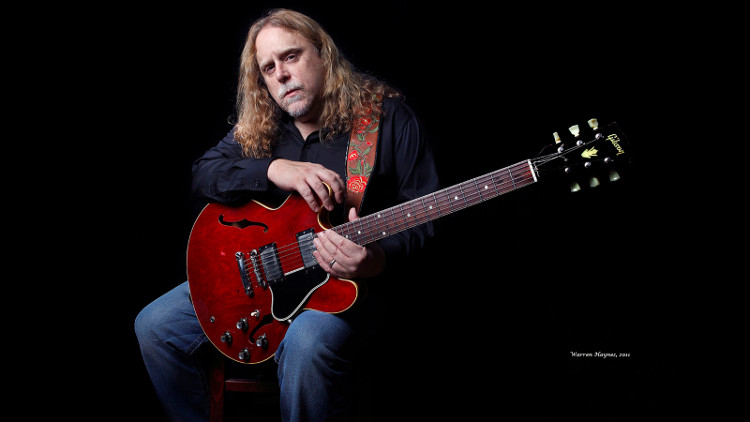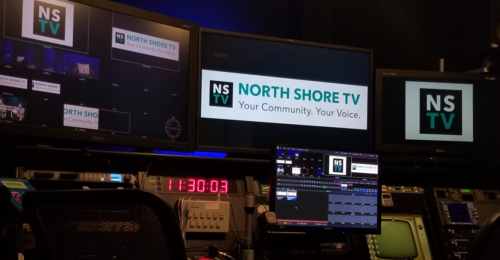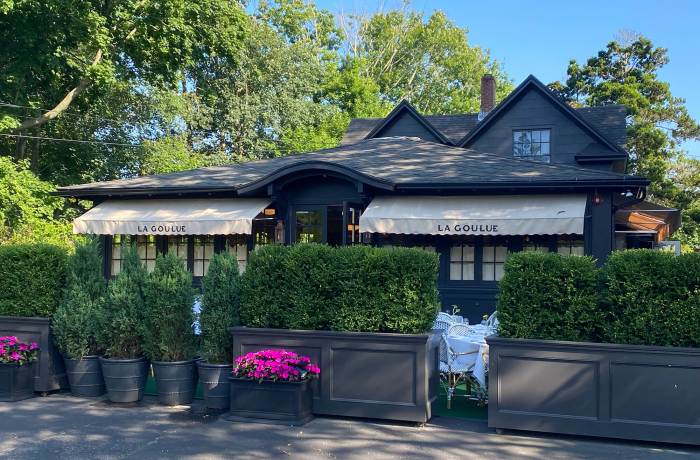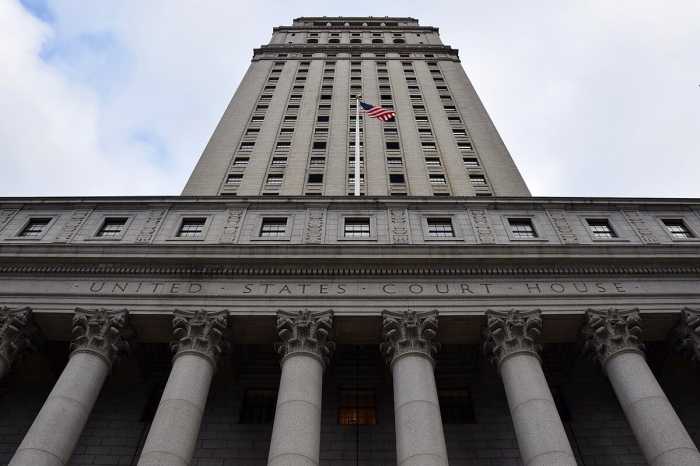Celebrating his latest studio album, Ashes and Dust featuring the newgrass jam band Railroad Earth, revered guitarist Warren Haynes is playing at The Space at Westbury on Oct. 7. The Grammy Award-winning vocalist-songwriter has a decades-long career jamming alongside The Allman Brothers, Gov’t Mule, and The Dead. The Press had the pleasure of speaking with Warren before his big night.
Long Island Press: You grew up in Asheville, North Carolina. How did that influence your career?
Warren Haynes: When I grew up in the ’60s and ’70s, music in your region made a much larger impression than today. Now, musicians all over the world can discover getting music from anywhere in any genre quite easily due to the technology. But when I was a kid, a lot of the local and regional music helped shape the local musicians. We all learned from each other, we all learned from the local scene, and were exposed to different types of music. Ashes and Dust’s music was very influenced by what I heard when I was really young. Growing up in the mountains of North Carolina, there was a lot of folk music and Appalachian music that I was exposed to from the time that I was probably six or seven years old.
LIP: Was the guitar your main influence?
WH: I sang long before I started playing guitar. I was seven or eight. The folk music and Appalachian music that I was hearing was mostly in the background and coming from my dad. As kids, you rebel against your parents’ music. Along with my two older brothers, I was listening to soul music. James Brown, The Temptations. I’d also hear The Beatles in the background due to my older brothers.
LIP: What got you interested in guitar?
WH: It wasn’t until I discovered Rock and Roll music that I really wanted to play guitar. That was quite a few years later. It was all so overwhelming. It was such a great time period to discover guitar-influenced music. Hearing Jimi Hendrix and Cream and Johnny Winter were my first three introductions into that world. The first song that I remember making a big impression on me was “Sound of Silence” by Simon and Garfunkel. I was probably five years old. I heard it on the radio. While I was way too young to understand what the lyrics were about, just the sound of it spooked me and made me wonder what the hell was going on. I think [‘Sound of Silence’] is a masterpiece.
LIP: Are there any songs from Ashes and Dust that you’re particularly proud of?
WH: I love every song on there. I can allude to the fact that the song “Company Men” is about my father. So, in a different sort of way, I’m very proud of that.
LIP: If you could require the president to hear one song, which one would it be?
WH: I would say, “Hallelujah Boulevard.” It has several messages that would probably be good for anybody in power.
LIP: If you could get any musician or band, living or dead, who would be in your “dream band?”
WH: There are so many musicians who have passed away that would be wonderful to have the experience of playing with. People like John Bonham on drums, Jaco Pastorius on base, Wes Montgomery or Jimi Hendrix for guitar, [John] Coltrane, Miles Davis, Bob Marley. I’m kind of easing myself out of the picture here. That just gives me a band that I can sit and listen to.
LIP: If your life didn’t turn out the way it did, do you think you still would have pushed for a musical career?
WH: I grew up in a time period when the mindset of being a musician was a lifelong process. You didn’t try it for a while and if doesn’t work out you try something else. A lot of people were forced to go into other lines of work because they had families. That didn’t make them stop being musicians, it just made them not rely on the music business to make a living. I think when you decide to be a musician you’re a musician for life. In recent years, I’ve never felt like I would advise people to get into the music business unless they’re completely obsessed with it and they know that’s what they want to do for the rest of their lives. Music is so rewarding if you just experience it in a non-professional way. It’s amazing. Putting the pressure on yourself to have to make a living that way is a hard way to go. I’ve been lucky, but I’ve also made a lot of sacrifices and had a lot of years of struggle. It’s not something that comes about easily.
LIP: Everybody’s going to be adding Ashes and Dust to their home collection. Who’s in your home collection? Too many to count?
WH: I mean, thousands and thousands. I grew up with two older brothers that were not only avid music lovers with great taste in music, but collectors in their own way, especially one of my brothers. He had thousands of vinyl records when we were growing up and eventually opened up his own record store for like 25 years. There was so much music for me to choose from at any time. Pretty much any genre of music I could discover. It was like growing up in a library.
LIP: What is your favorite album by another artist?
WH: My favorite jazz album is Something Else by Cannonball Adderley. There’s also a Willie Dixon two CD box set that came out on Chess Records, where it’s all the great blues artists preforming Willie Dixon songs. That’s an amazing thing to have in your collection.
LIP: How do you feel about censorship in music?
WH: I don’t really care for the most part. I think sometimes having it unnecessarily included is just a cheap way just to garner attention in music. But there are times when what you’re trying to say requires profanity. People don’t have to listen to your music. Make it how you want to make it.
LIP: What’s next after Ashes and Dust?
WH: Maybe the next Gov’t Mule record. I’m also working on a follow up to Ashes and Dust. We’ll see which comes next.

































